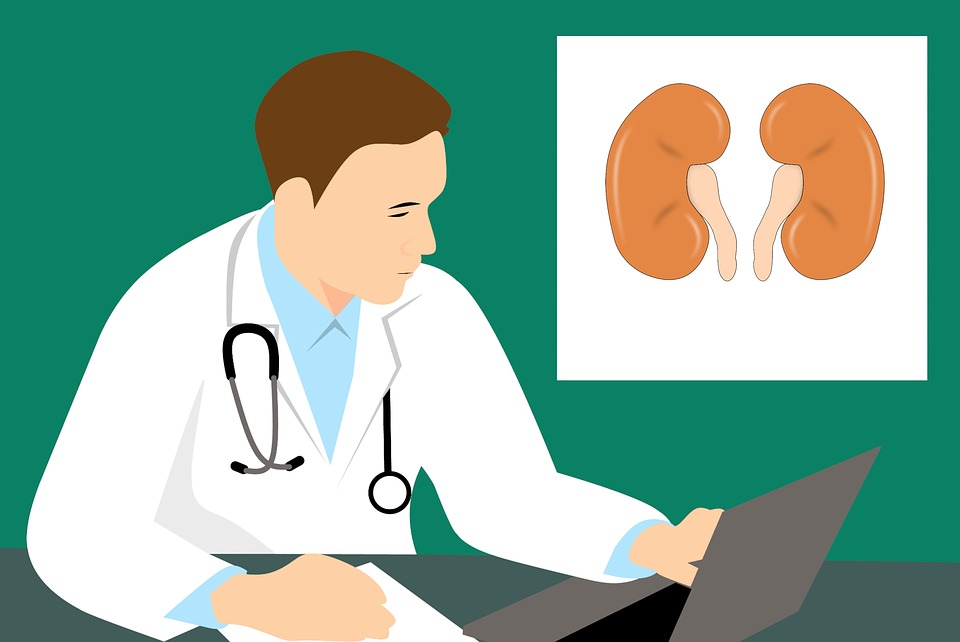All You Need To Know About Pregnancy And Kidney Health
Generally, natural bodily functions, be it eating, drinking, sleeping, walking, etc. is harmless to the human body, provided it is done sensibly and within limits. But pregnancy is the only natural body function that can go horribly, unpredictably wrong even with all the precautionary measures in place.
A normal pregnancy can become complicated without warning and rapidly lead to organ damage including heart, liver, brain, kidneys or lungs. This could happen in otherwise normal, healthy women as well. Also, pregnancy and the kidneys have an age-old relationship. Pregnancy has damaged more kidneys than it has any other organs and the converse is also true, as kidney disease has damaged more pregnancies and pregnant women than any other disease
Pregnancy And Its Effect On Normal Kidneys
Urinary Tract Infections
Pregnancy predisposes one to urinary tract infections, due to hormonal changes and pressure of the gravid (pregnant) uterus on the urinary system. And urinary tract infections can cause kidney damage, if not treated quickly.
Kidney Swelling
This is also called hydronephrosis. Due to compression on the ureter (the tube connecting the kidneys to the bladder) by the gravid uterus, the kidney balloons out and gets swollen, which may cause kidney failure, if not tackled soon. An easy remedy for this, is to lie down on the side opposite to the swollen kidney while sleeping.
Pregnancy Induced Hypertension
Also called PIH manifests as elevated blood pressure after 20 weeks of pregnancy. Commonly seen in the first pregnancy, this hypertension is difficult to treat, not least because usage of many blood pressure medications is contraindicated during pregnancy.
Pre-Eclampsia
It is a combination of PIH and protein loss in the urine. This can turn into a life-threatening condition it not recognised and treated early.
Eclampsia
A progression of the condition of pre-eclampsia which presents as seizures (or fits) along with brain, liver, lungs, kidneys and bone marrow damage. The mother invariably dies, unless treatment is initiated urgently. The cornerstone of treatment is the urgent delivery of the foetus.
HELLP Syndrome
This is a dangerous cocktail of anaemia, clotting disorders, kidney and liver diseases. Early delivery is the only treatment.
Acute Fatty Liver Of Pregnancy
Combined liver and kidney failure. More than half of the pregnant women die, if they get this dreaded complication, despite adequate treatment!
Post-Partum HUS
This is a potent combination of bleeding, anaemia, kidney failure and brain dysfunction. Most women either lose their lives, or if lucky, just their kidneys.
Acute Cortical Necrosis
This can occur following any obstetric catastrophe like abruptio placentae (bleeding due to sudden separation of the placenta), infected abortion, placenta previa (bleeding due to abnormally placed placenta), post-partum haemorrhage (torrential bleeding immediately after delivery) and post-partum HUS. Acute cortical necrosis is a death-knell for the kidneys and the patient is doomed to life-long dialysis with kidney transplant being the only light at the end of the tunnel.
Pre-Existing Kidney Disease And Its Effects On Pregnancy
Due to hormonal disturbances, most women with advanced kidney disease cannot get pregnant. However, once they do get pregnant, there is hell to pay! Not only does kidney disease worsen the pregnancy outcome, pregnancy itself worsens kidney disease, leading to faster progression to dialysis.
Even early stages of pre-existing kidney disease results in poor outcomes in pregnancy, both for the mother as well as child. In brief, some of the maternal complications include protein losses, increased blood pressure, swelling of feet and preterm labour. This is apart from the higher chances of the usual pregnancy complications like pre eclampsia, eclampsia, PIH, HELLP Syndrome, etc.
Babies of pregnant ladies with pre- existing kidney disease are much more likely to have growth retardation, congenital defects, still-birth and prematurity. Additionally, pregnant women who are on regular dialysis are often at high risk of pregnancy complications. However, because of advances in dialysis treatment, nowadays, up to 90 per cent of babies born to these women survive.
Pregnancy And Kidney Transplant
There is a prevailing misconception that women who have had a kidney transplant can’t or should not get pregnant. But this is not true. Once a woman has had a transplant, she can lead a perfectly normal life, including getting pregnant. However, she should wait for at least two years after the transplant, her blood pressure should be well controlled, there should be no protein leakage in the urine and her transplant medications should be optimised by her nephrologist.
Health Tip
Kidney disease is not an absolute contraindication to pregnancy, however caution needs to be exercised and it should be done under the collective guidance of a nephrologist and an obstetrician.
